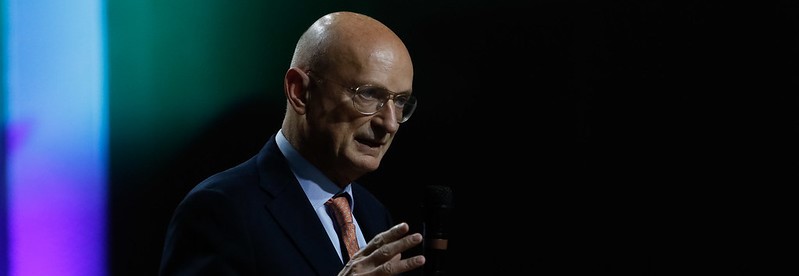COMMENT – Germany and the U.S. will send offensive weapons to Ukraine. This will give Kyiv a chance to negotiate from a stronger position.
After a lot of discussion, mumbling and hesitation, the German government finally decided to deliver 14 Leopard 2 tanks to Ukraine. This also opens the door to more such tanks being sent from other countries, for example, Poland and Finland.
Why is this so important?
In the medium term, it will be difficult for Ukraine to defend itself, let alone reconquer occupied territories, without offensive military equipment. Modern battle tanks are the most effective offensive weapons. Without any, the Ukrainian army cannot prevent Russia from sending reinforcement, supplies and additional materiel behind the front lines.
The Leopard 2 tank produced by Germany’s Rheinmetall is probably the best main battle tank in the world. In a tank, four characteristics are key: firepower, speed, maneuverability and armor-plating. The Leopard 2 has the optimal combination of all four. It can fire while moving and turning and even hit moving targets with high accuracy. The United States Army also has a very effective main battle tank, the M1 Abrams tank. It has greater firepower, but its armor plating, maneuverability and speed are inferior to the Leopard 2. It also requires extensive training and infrastructure to operate, and it consumes a lot of fuel.
What made the German chancellor suddenly come to a decision?
Since the Russian invasion of Ukraine, Chancellor Scholz has been talking about a Zeitenwende – hinting at a profound change in Europe’s security architecture. Immediately after the invasion, he promised a 100 billion-euro investment in the Bundeswehr. No precise plans were set up.
Unfortunately, the Bundeswehr has an equipment maintenance backlog and does not have enough materiel and insufficient staff. To be fair, defense matters were also neglected by previous governments. Still, Mr. Scholz and his traffic light coalition made fools of themselves. But this is somewhat of a tradition by now. After the occupation of Crimea in 2014, sanctions were issued. I remember very well the speech given by Ursula von der Leyen, the then German minister of defense, at the Munich security conference in 2015. She strongly argued that economic sanctions were so effective that military efforts were not necessary.
[…]
Read the comment written by Prince Michael of Liechtenstein on GIS Reports.

